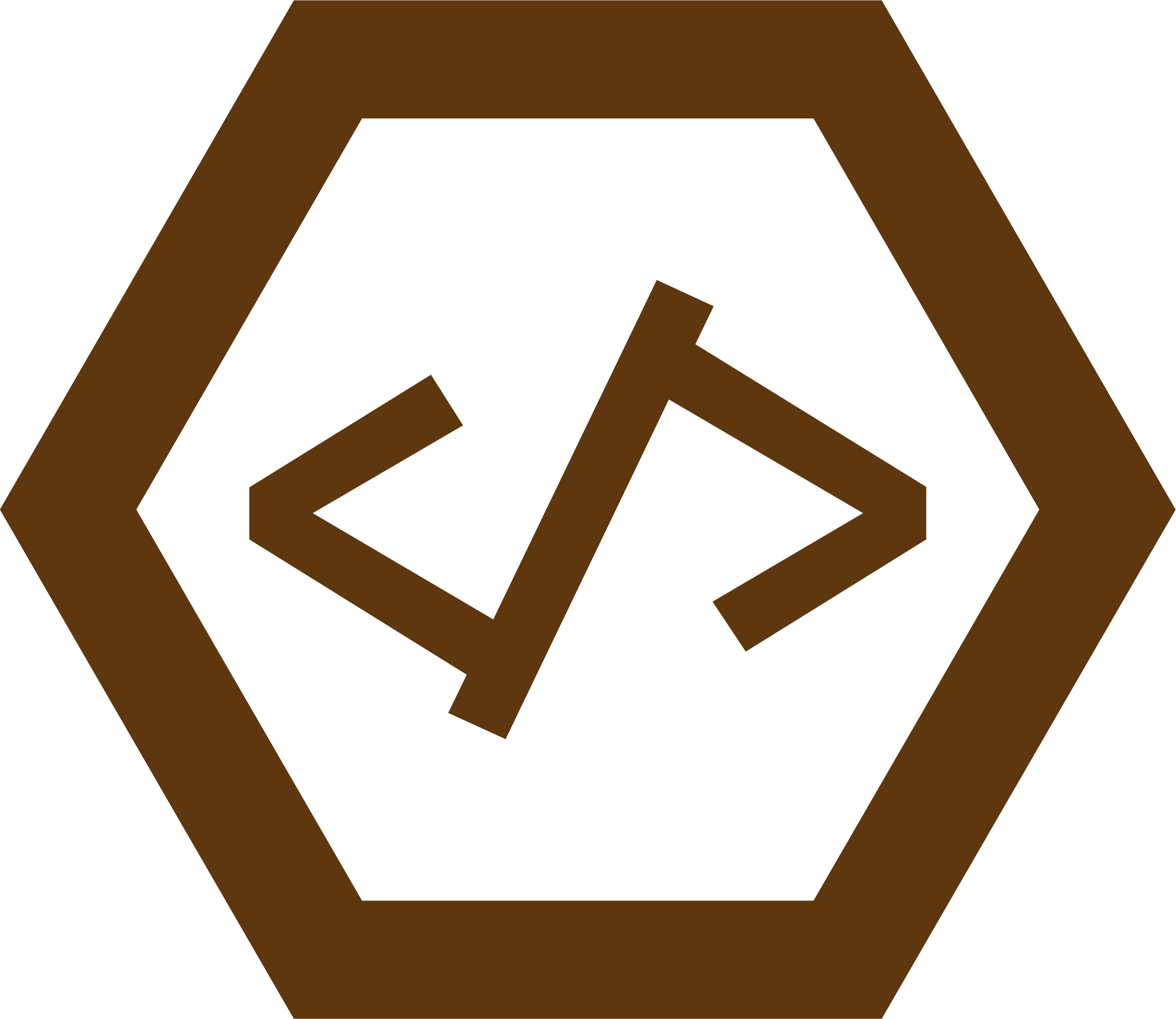The main problem with using ci variables in Python robot is that they are not automatically initialized. This can lead to errors if you attempt to use them without first initializing them.
framework
In the following code, I am trying to use ci variables in python robot framework. But it is not working. Any suggestions?
<code>*** Settings ***
Library Selenium2Library
*** Variables ***
${URL} http://google.com
*** Test Cases ***
TC1
Open Browser ${URL} chrome
Sleep 3s
Close Browser
</code>
The first line defines the Selenium2Library, which is a web testing library for Robot Framework.
The second line defines a variable called ${URL}, which contains the URL of the website to be tested.
The third line defines a test case called TC1, which opens the website in a web browser, waits for 3 seconds, and then closes the browser.
Environment variables to work with robots
There are a few environment variables that you can use with robots in Python.
ROBOT_HOME: This is the path to the robot’s executable. You can set this variable to point to a different robot executable on your system, if you have multiple robots installed.
ROBOT_USER: This is the user name under which the robot will run. You can set this variable to point to a different user name on your system, if you have multiple robots installed.
ROBOT_PASSWORD: This is the password for the robot user. You can set this variable to point to a different password on your system, if you have multiple robots installed.
Robots and Python
There is a lot of crossover between Python and robots, as both are powerful programming languages that allow for easy creation of automated systems. Python is particularly well-suited for tasks such as data analysis and machine learning, while robots can be used for a variety of tasks, from manufacturing to surveillance.
